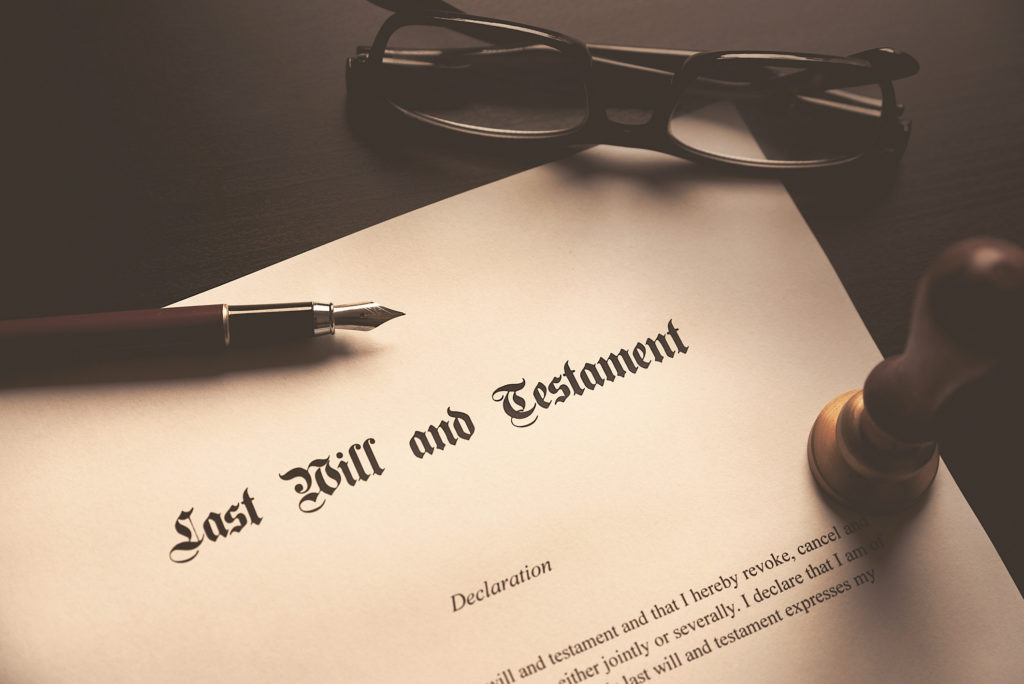
isn’t as easy as following a clear last will and testament...
Over the last several blogs, we’ve been talking about the many ways that a will can be administered after the death of a loved ones.
We’ve talked about the responsibilities of a named executor and how to relinquish the role of executor if the named is unwilling or unable to do so. These are the most common forms of executing a will. In rare instances, there is a third option: an independent third-party assumes the roles and responsibilities of executor to administer the will.
An independent administrator also can be named if the deceased did not have a will and there is not a clear next of kin to assume the role of administrator. And unfortunately, although you may rarely hear about this with ‘real’ families, the death of a patriarch or matriarch can cause very public disagreements among beneficiaries on inheritances that potentially make for a great circus.
In these situations, it may make sense financially to name an unbiased third party to serve as administrator. Battles over estates can rage on for years in courts and potentially cost family members and benefactors more than their inheritance in legal fees, even if they do ‘win.’
An independent administrator could be a trusted attorney or another official mediator. In these cases, the administrator will either follow the instructions of the deceased’s will if there is one or distribute the estate according to applicable intestacy statutes in the absence of a valid will.
Before you choose an action, take the time to consider how different scenarios could play out. Speaking with someone who is an expert in estate law will help you make the most informed decisions. Call our office at 724-216-5180 or email us at john@jacochranlaw.com to learn about your legal options.

No comment yet, add your voice below!